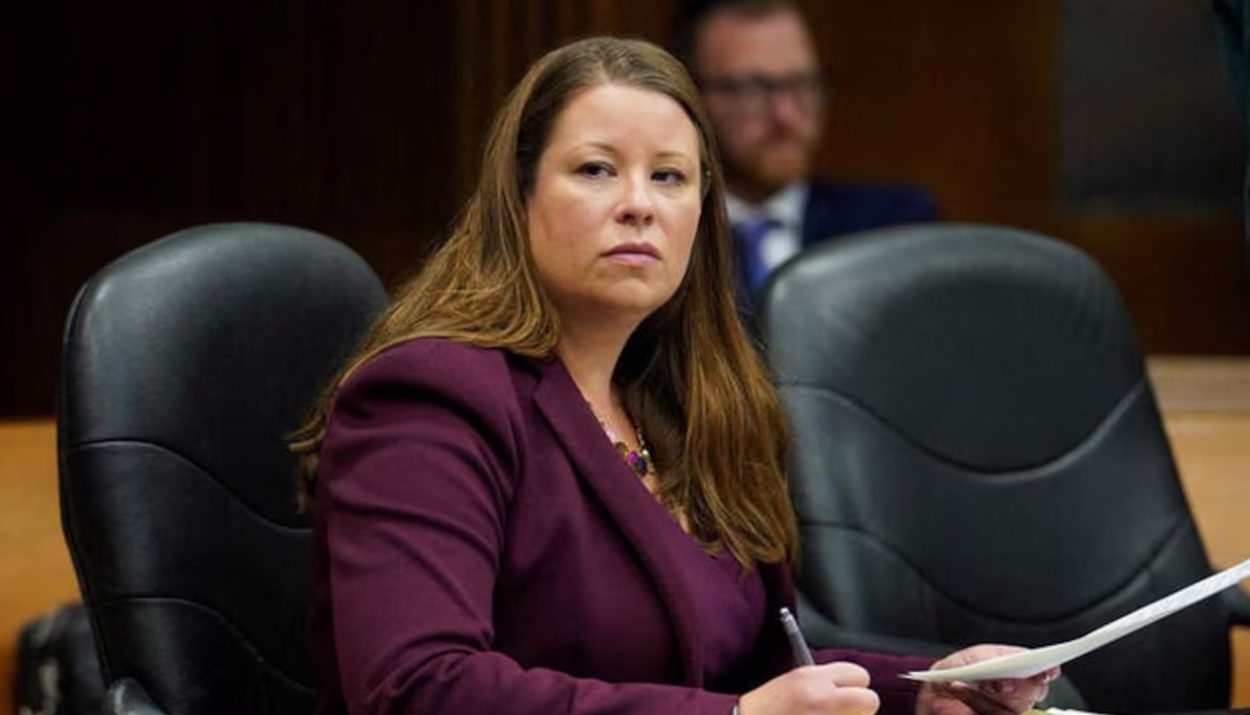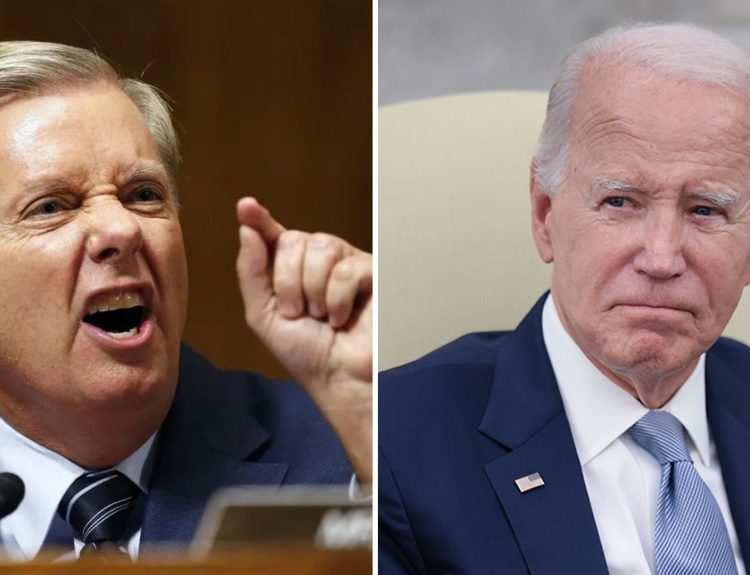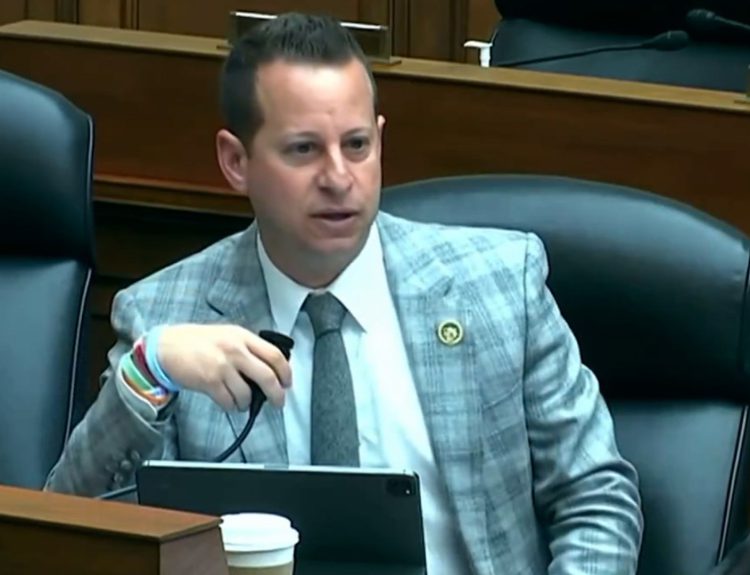In a shocking turn of events, Michigan attorney Stephanie Lambert was arrested in Washington federal court after spreading false claims about the 2020 election. The arrest occurred as civil and criminal suits collided over efforts to prove voter fraud. What led to this dramatic moment? Read on to uncover the unfolding story.
Lawyer Questioned for Breaching Confidentiality in Dominion Case
Stephanie Lambert, representing former Overstock CEO and Trump ally Patrick Byrne in a lawsuit filed by Dominion Voting Systems, found herself under scrutiny in court. Dominion accused Byrne of repeatedly and falsely claiming that the company’s machines were used to tamper with voters in 2020. Lambert was questioned about why she made thousands of confidential Dominion documents public.

After the hearing, Lambert was arrested on a bench warrant out of Michigan, where she was charged with illegally breaching voting machines and refusing to be fingerprinted. The U.S. Marshals office confirmed her arrest, and she is being held at the D.C. jail. The collision of civil and criminal cases has led to a dramatic turn of events.
Lambert Admits to Sharing Confidential Documents
In federal court, Lambert admitted to using the Dominion documents to argue that the case against her in Michigan was illegitimate. She also shared them with a southwestern Michigan sheriff who was investigated as part of the alleged voting machine plot. Over 2,000 pages of the documents were put on the social media site X over the weekend.

Dominion requested Lambert’s removal from the case, stating that the release of the documents had instigated a fresh round of violent threats against its employees. Dominion attorney Davida Brook expressed frustration, questioning when the lies and threats of violence would stop. The company had sued Byrne and others to put an end to the false claims.
Judge Restricts Access to Discovery Materials
Magistrate Judge Moxila A. Upadhyaya needed more time to decide whether Lambert should be disqualified as Byrne’s attorney. In the meantime, the judge ordered that both Lambert and Byrne could not have access to discovery materials and that Lambert must move to seal the Michigan court document containing Dominion’s records. The hearing ended with a dramatic twist.
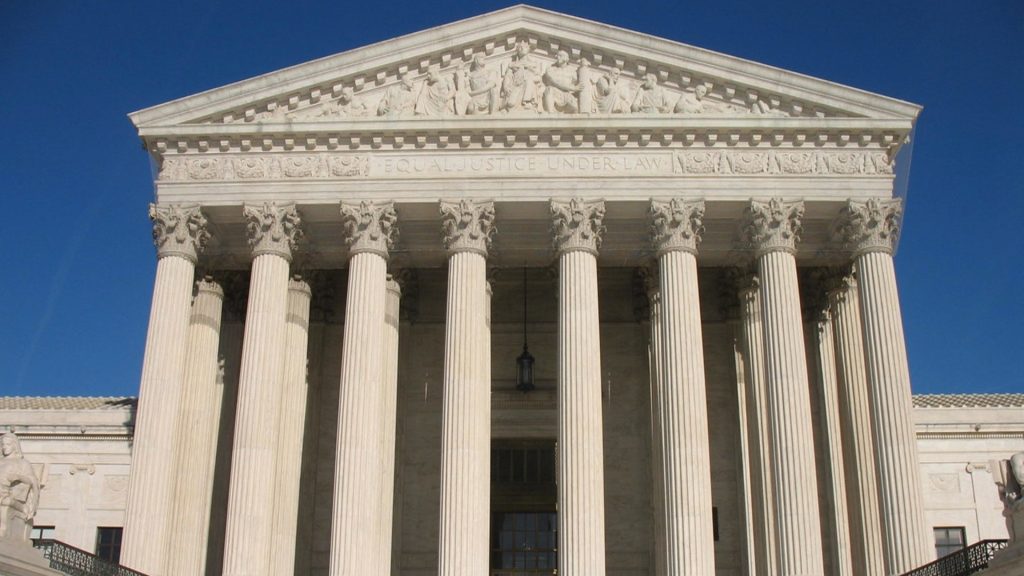
After the hearing, the other attorneys left while Lambert was asked to stay behind. Several U.S. Marshals entered the courtroom and locked the door behind them. Lambert’s Michigan defense attorney, Daniel Hartman, claimed that her failure to appear in court in Michigan was not willful but rather due to “mixed messages” about fingerprinting requirements.
Prosecutors Attempt to Avoid Lambert’s Arrest
In a filing, prosecutors in Michigan stated that they had tried to avoid having Lambert arrested “for fear that would unnecessarily traumatize her children.” However, they noted that she had been given several opportunities to turn herself in but failed to do so. They maintained that there was no ambiguity about her requirement to appear in court.

Lambert argued that she was not obligated to adhere to the protective order because the emails contained “evidence of a crime,” suggesting that it was analogous to being handed “a dead body” as part of the case files. She alleged that the emails proved Dominion conspired with foreign nationals in Serbia to undermine the U.S. election system.
Dominion Refutes Lambert’s Allegations
Dominion’s attorneys responded to Lambert’s claims, calling them a “xenophobic conclusion” based solely on the fact that the company has some overseas employees. A Dominion spokeswoman added that any allegation of Dominion employees anywhere trying to interfere with any election is flatly false. Lambert had gained access to the documents sometime after the holidays.

Given that Lambert had the documents for weeks, if not months, Judge Upadhyaya said that “the dead body analogy rings hollow.” The judge needed more time and information before sanctioning Lambert. Her immediate focus was on preventing further bleeding by figuring out who had access to Dominion’s information, which totaled over a million pages.
Sheriff Dar Leaf’s Involvement in Document Sharing
In court, Lambert stated that she gave only Barry County Sheriff Dar Leaf access to the files. However, she added that Leaf shared the documents with other sheriffs and members of Congress. Leaf, who has not been charged in the Michigan case but is fighting a subpoena, did not return a request for comment.

Lambert also claimed that Patrick Byrne shared the documents with “the U.S. attorney’s office,” although she did not specify which one. Nearly 100 U.S. attorneys are running federal prosecutors’ offices across the country. Lambert argued that Byrne was “a national intelligence asset” who was entitled to “national security information” with law enforcement.
Patrick Byrne’s Controversial Past and Present
Patrick Byrne, the former CEO of Overstock, left the company he founded in 2019 after claiming that he had been instructed by the FBI to pursue a romantic relationship with Maria Butina, a Russian national convicted that year of being an unregistered foreign agent. Former FBI officials have called Byrne’s assertion “ridiculous.”

Since leaving Overstock, Byrne has become a prominent source of false claims about the 2020 election. He met with Trump and others at the White House to discuss ways to keep President Biden from taking office. Byrne did not appear in court on Monday, but Judge Upadhyaya said he must come to the next hearing to answer questions.
Dominion Alerted to Leaks by Byrne’s Previous Attorney
Dominion was alerted to the leaks by Byrne’s previous attorney, Robert Driscoll, who also represented Maria Butina. In an email made public in court filings, Driscoll stated that he had learned about the leaks through social media and asked Lambert to take immediate steps to prevent further disclosure of confidential discovery material.
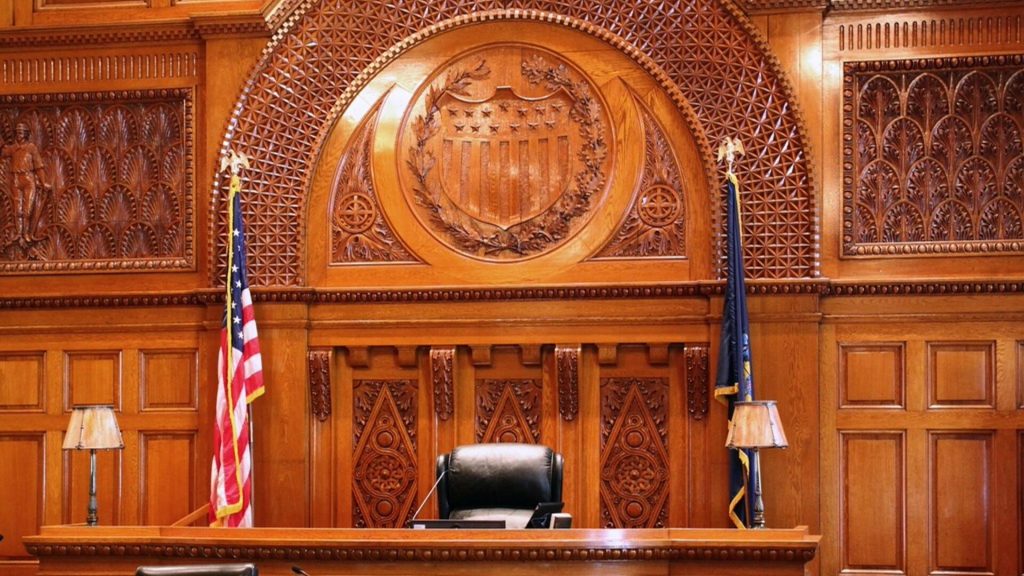
One social media post containing the leaked documents had already been viewed over 150,000 times by Monday afternoon, according to Dominion attorney Davida Brook. Brook stated, “The cat is out of the bag,” emphasizing the widespread dissemination of confidential information. The leaks have raised concerns about the impact on Dominion and the ongoing litigation.
Lambert’s Involvement in Sidney Powell’s Lawsuits
Stephanie Lambert was involved in former Trump attorney Sidney Powell’s unsuccessful lawsuits to block certification of the 2020 election results. Records indicate that both Lambert and Powell were involved in efforts to access voting machine data in Georgia and Michigan. Powell has pleaded guilty in Georgia state court to conspiracy to commit intentional interference with the performance of election duties.
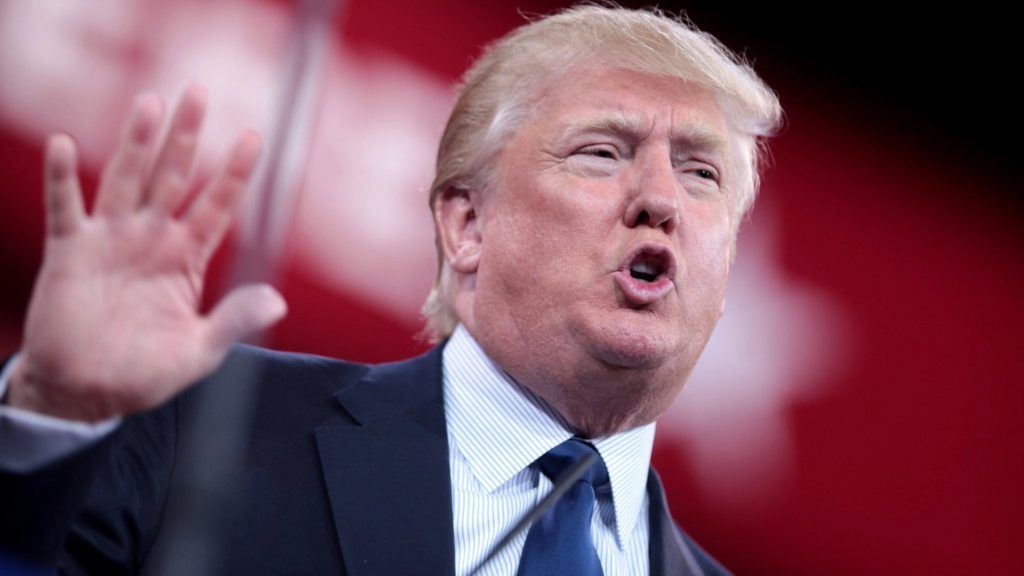
A description of an unindicted co-conspirator in the Georgia case, where Trump and others are described as engaging in a racketeering scheme, matches Lambert. The ongoing investigations and legal proceedings surrounding the 2020 election continue to unfold, with Lambert’s arrest adding another layer of complexity to the situation.
Lambert’s Criminal Trial Faces Delays
Lambert’s criminal trial in Michigan was set to begin on April 1, but prosecutors say her recalcitrance has forced a delay. They added that they may now seek to have her detained until trial because she did not voluntarily turn herself in on the bench warrant. The developments in the criminal case have further complicated Lambert’s legal situation.

A trial date has not been set in the Dominion case against Patrick Byrne and others. Dominion has been actively pursuing legal action against individuals and entities spreading false claims about their voting machines. The company settled a similar suit with Fox News for $787 million and is also suing former Trump attorneys Rudy Giuliani and Sidney Powell.
Dominion’s Ongoing Legal Battles
Dominion Voting Systems has been at the center of numerous legal battles related to the false claims surrounding the 2020 election. The company has taken aggressive action against those who have spread misinformation about their machines, including prominent figures such as Rudy Giuliani, Sidney Powell, and Mike Lindell, the CEO of MyPillow.
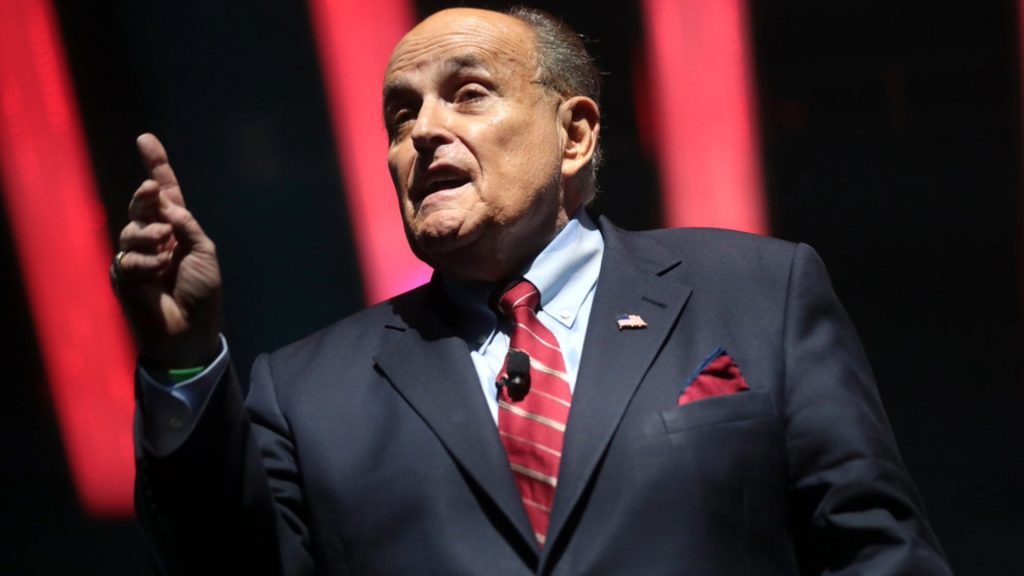
In addition to the settlement with Fox News, Dominion is pursuing lawsuits against right-wing television station OAN and Mike Lindell. These legal actions aim to hold accountable those who have perpetuated baseless claims of election fraud and to protect the integrity of Dominion’s voting systems. The outcomes of these cases could have significant implications for the broader conversation surrounding election security.
The Wider Impact of Election Fraud Claims
The arrest of Stephanie Lambert and the ongoing legal battles involving Dominion Voting Systems highlight the far-reaching consequences of spreading false claims about election fraud. These claims have not only led to legal repercussions for those involved but have also contributed to a climate of mistrust and division surrounding the democratic process.
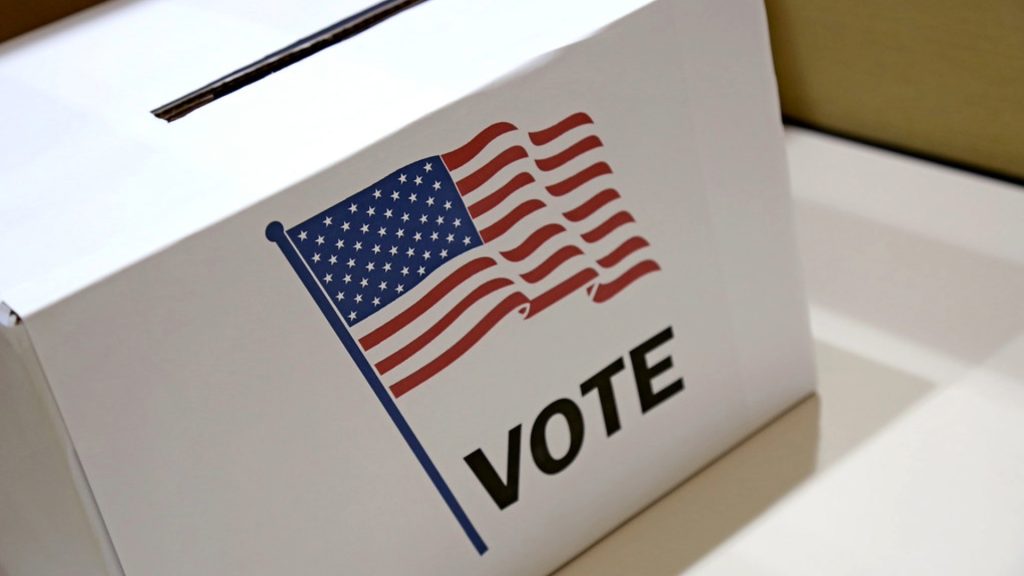
The spread of misinformation about the 2020 election has had a profound impact on public discourse and has led to increased polarization and erosion of faith in the electoral system. As the legal proceedings continue to unfold, it is crucial for all parties involved to prioritize truth, transparency, and the preservation of democratic institutions.
The Importance of Protecting Election Integrity
The events surrounding Stephanie Lambert’s arrest and the Dominion lawsuits underscore the importance of protecting the integrity of elections. It is essential for all stakeholders, including elected officials, legal professionals, and the media, to approach claims of election fraud with caution and to rely on verified facts and evidence.
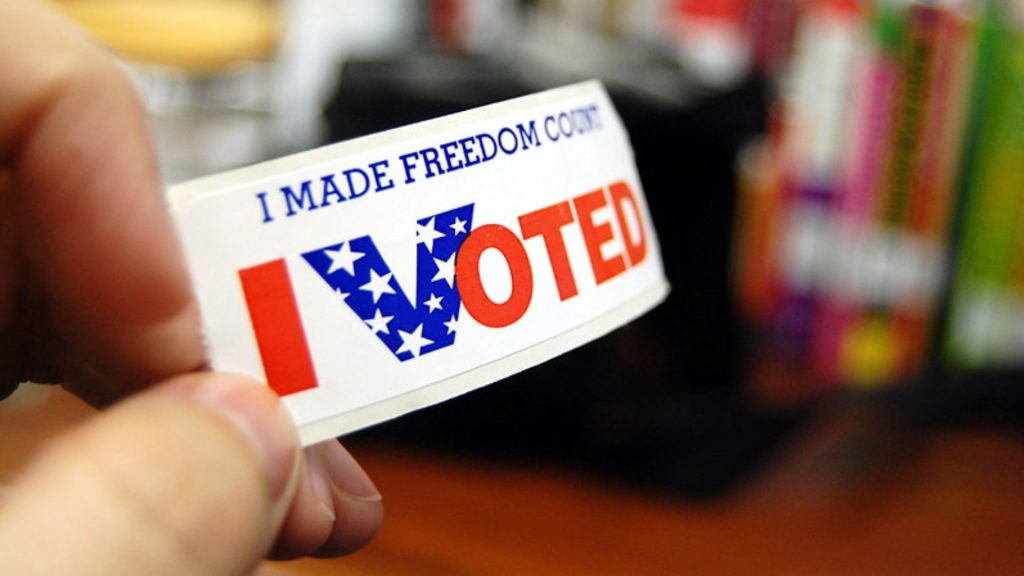
Safeguarding the democratic process requires a commitment to truth, transparency, and accountability. As the nation moves forward, it is crucial to learn from the experiences of the 2020 election and to work towards building a more resilient and trustworthy electoral system. Only by upholding the principles of democracy can we ensure the long-term stability and health of our nation.
The Future of Election Security and Democracy
The arrest of Stephanie Lambert and the ongoing legal battles surrounding the 2020 election serve as a stark reminder of the challenges facing our democracy. As we navigate this complex landscape, it is essential to remain vigilant in the face of misinformation and to work towards strengthening our electoral processes to withstand future threats.
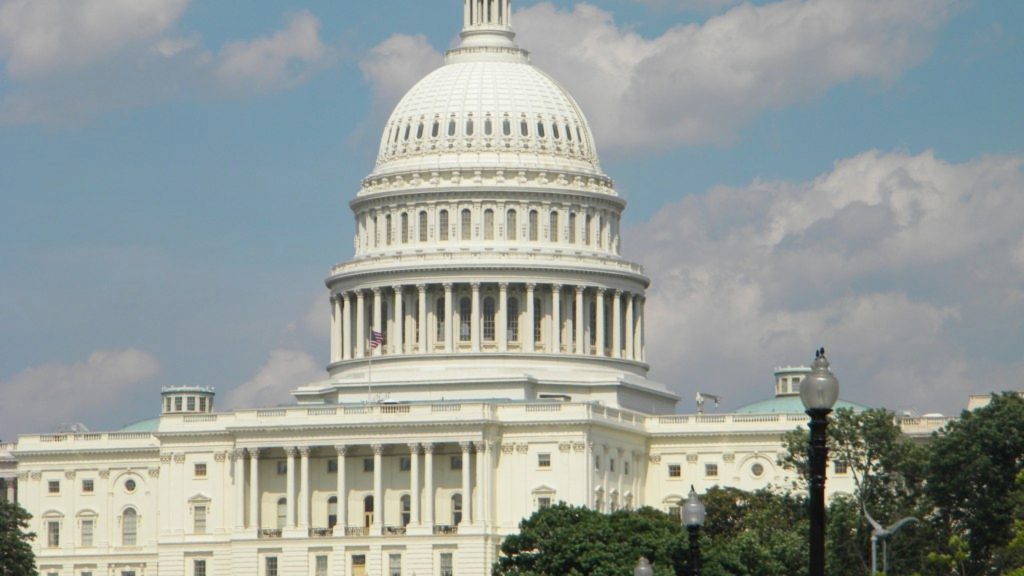
The path forward requires a commitment to truth, transparency, and the rule of law. By holding those who spread false claims accountable and by investing in the security and integrity of our elections, we can begin to rebuild trust in our democratic institutions. The future of our democracy depends on our collective ability to rise above division and to work towards a more perfect union.

